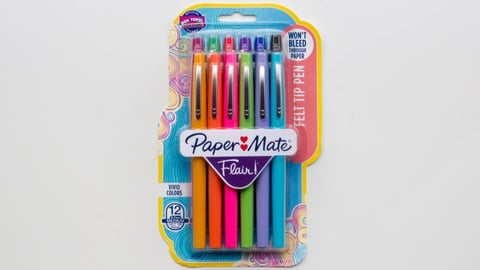Despite Skepticism, Consumers Want Brands To Have Greener Packaging: GlobalData
Consumers are eager to see sustainable packaging become more mainstream, but that doesn’t mean they necessarily trust the companies behind their development.
That’s according to a recent survey by intelligence firm GlobalData, in which 69% of consumers reported sustainable sourcing of packaging materials as being important to them. Nearly the same amount of consumers also said compostable/biodegradable packaging features are important in a product, while almost 60% said the same of packaging with a reduced carbon footprint.
And while more than 60% of respondents in the third-quarter survey said plastic-free packaging is important, nearly one-fifth said the info provided by companies on packaging sustainability is unreliable, which GlobalData attributed to potential misconceptions surrounding the large number of claims and information shared by companies regarding their sustainability efforts.
[See also: PepsiCo’s Pep+ Will License Plant-Based Chip Bag Tech to Other Companies]
Hannah Cleland, GlobalData consumer analyst, noted there isn’t one-size-fits-all solution for sustainable packaging material innovation. Brands that rely upon the recycling of single-use plastic may be simply delaying pollution than averting it, she said, while the use of rPet is similarly not a long-term solution.
Paper and cardboard not only carry both limited recycling lifespans and hefty recycling price tags, but the pandemic-prompted e-commerce acceleration is making things especially problematic thanks to increased demand and input inflation.
Glass bottles, meanwhile, are heavy and expensive to transport, thus increasing the carbon footprint, while consumers remain divided on the potential hygiene implications of reusable bottles.
In examining promising innovation within the consumer goods industry, Cleland pointed to the new beer bottle AB InBev has developed at its Global Innovation and Technology R&D Center in Leuven, Belgium. The lighter bottle is said to cut CO2 emissions by 17% per bottle when compared with its standard longneck beer bottle, which the No. 8 consumer goods company hopes to result in an impactful change given that packaging makes up 50% of its product carbon product footprint on average.
[Infographic: How Tech Fuels the ROI of Sustainability in Consumer Goods]
“Glass was the most preferred material for alcoholic drinks, at 53%, as it tends to signify a premium/quality product,” said Cleland. “Therefore, large drinks manufacturers will be looking for ways to keep using glass while keeping costs low.”
The water-soluble polyvinyl alcohol (PVOH) solution is also being used more in replacement of plastic bags, according to GlobalData, which has the potential to especially help countries without robust recycling infrastructures.
“This also reduces the economic and environmental costs of collecting, sorting, cleaning, and reprocessing plastic waste, which can sometimes outweigh the cost of using virgin materials and discourage companies to partake in recycling.”





